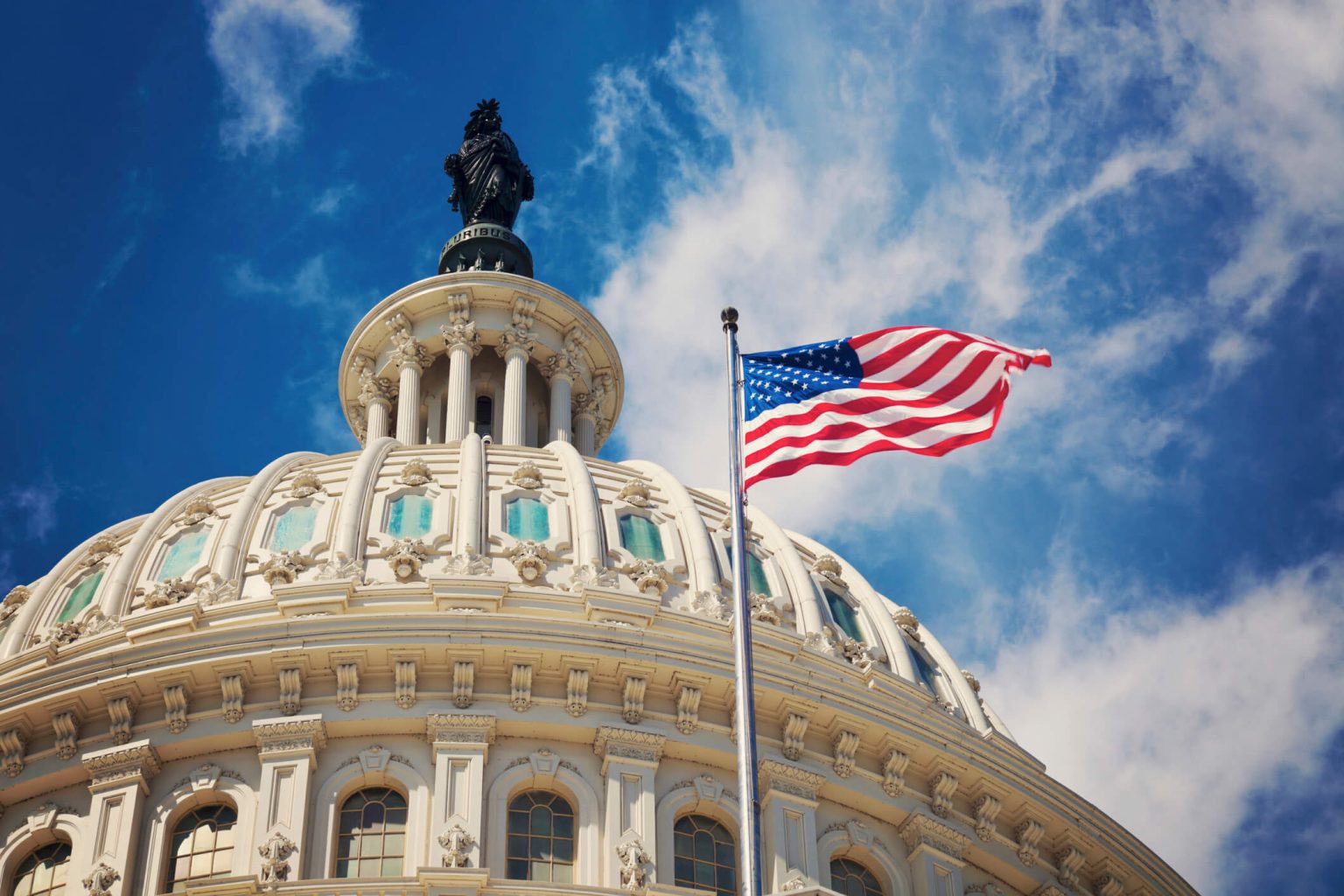Listen to the article
Federal agencies gain expanded powers to combat fraud through a significant overhaul of anti-fraud legislation, as the Administrative False Claims Act (AFCA) replaces the long-underutilized Program Fraud Civil Remedies Act of 1986.
The AFCA, signed into law as part of the 2025 National Defense Authorization Act in December 2024, substantially strengthens federal agencies’ ability to directly prosecute cases of fraud involving government funds without going through the Department of Justice.
Among the most significant changes is a dramatic increase in the maximum claim amount from $150,000 to $1 million, adjusted for inflation. This higher threshold expands the pool of cases federal agencies can pursue independently, addressing a key limitation of the previous legislation.
The reform comes after years of minimal utilization of the original Program Fraud Civil Remedies Act. A 2012 Government Accountability Office study revealed that between 2006 and 2010, only five civilian agencies had used the law, with the Department of Housing and Urban Development accounting for 96 percent of all cases.
“This represents a fundamental shift in how the federal government can address fraud cases,” said legal expert Catherine Roberts, who specializes in government compliance. “The higher claim ceiling alone will bring thousands more cases within agencies’ direct jurisdiction.”
The AFCA broadens the definition of false claims beyond those involving direct requests for payment. Now, statements that conceal or improperly avoid financial obligations to the government are explicitly included, mirroring provisions in the False Claims Act, which has been one of the government’s most effective anti-fraud tools.
Another key provision allows agencies to recover investigation costs, including court and hearing expenses, from amounts collected in successful cases. This financial incentive may significantly increase agencies’ willingness to pursue fraud allegations that previously would have been considered too expensive to investigate relative to the potential recovery.
The legislation also extends the statute of limitations, allowing the government to notify alleged violators within six years of the violation or three years after discovery of material facts, with an overall cap of ten years from the violation date.
Unlike the False Claims Act, however, the AFCA does not include qui tam provisions that would allow private whistleblowers to file lawsuits on behalf of the government and receive a portion of recovered damages. This omission has drawn criticism from whistleblower advocacy groups who argue it removes a crucial incentive for insiders to report fraud.
Federal agencies now face a June 23, 2025 deadline to promulgate regulations and procedures for implementing the AFCA. They must also begin providing semiannual reports on AFCA enforcement, including data on the number of cases reported, actions taken, and instances where officials declined to proceed.
The reform comes at a time when questions about administrative enforcement are being raised at the highest levels. In its 2024 decision in Securities and Exchange Commission v. Jarkesy, the Supreme Court vacated a civil monetary penalty imposed in an administrative law judge proceeding, finding it violated the defendant’s Seventh Amendment right to a jury trial.
Legal experts note this ruling could potentially impact the constitutionality of administrative proceedings under the AFCA, particularly regarding monetary penalties.
“The Jarkesy decision creates some uncertainty about how AFCA cases will proceed,” noted government contracts attorney James Wilson. “We’ll likely see constitutional challenges to the administrative procedures outlined in the Act.”
The AFCA represents part of a broader push to reduce government fraud and waste. Its expanded scope covers false statements even without associated payment claims, potentially giving the administration another tool in regulatory enforcement across various sectors including healthcare, defense contracting, and federal grant programs.
Affected industries and federal contractors should prepare for increased scrutiny as agencies begin implementing this expanded authority in the coming months.
Verify This Yourself
Use these professional tools to fact-check and investigate claims independently
Reverse Image Search
Check if this image has been used elsewhere or in different contexts
Ask Our AI About This Claim
Get instant answers with web-powered AI analysis
Related Fact-Checks
See what other fact-checkers have said about similar claims
Want More Verification Tools?
Access our full suite of professional disinformation monitoring and investigation tools




9 Comments
The increase in the claim amount threshold from $150k to $1 million is a significant change. This should allow agencies to tackle a wider range of fraud cases directly without DOJ involvement.
Yes, that higher limit is a key part of making this legislation more effective. Curious to see how it plays out in practice.
Interesting to see the government taking stronger action against fraud. The expanded powers for agencies to independently pursue cases should help crack down on misuse of public funds more efficiently.
Agreed, this reform seems like an important step in combating fraud and holding bad actors accountable.
Glad to see the government is strengthening its tools to fight fraud. Curious if this will lead to more high-profile cases being pursued directly by agencies rather than through the DOJ.
As someone following the mining and commodities space, I hope this new law helps address any fraud or misuse of government funds in those industries. Transparency and accountability are so important.
The low utilization of the previous legislation points to a real need for reform. This AFCA update seems like a positive step, but the proof will be in how effectively it’s implemented.
It will be interesting to see if this change leads to a surge in administrative false claims cases being pursued by federal agencies. Seems like it could be a powerful new tool in their anti-fraud arsenal.
I wonder how this will impact the mining and energy sectors, where fraud and misuse of government funds has unfortunately been an issue in the past. Hopefully this empowers agencies to clean things up.